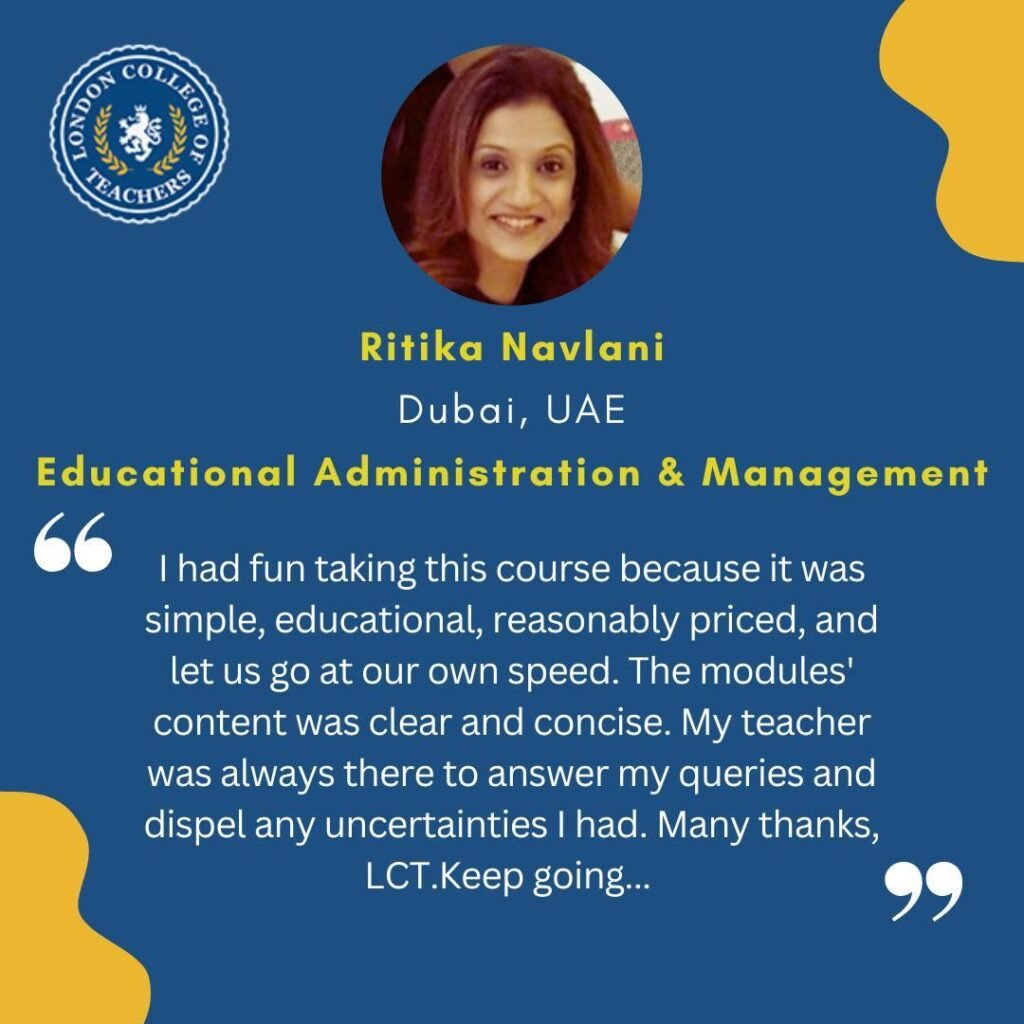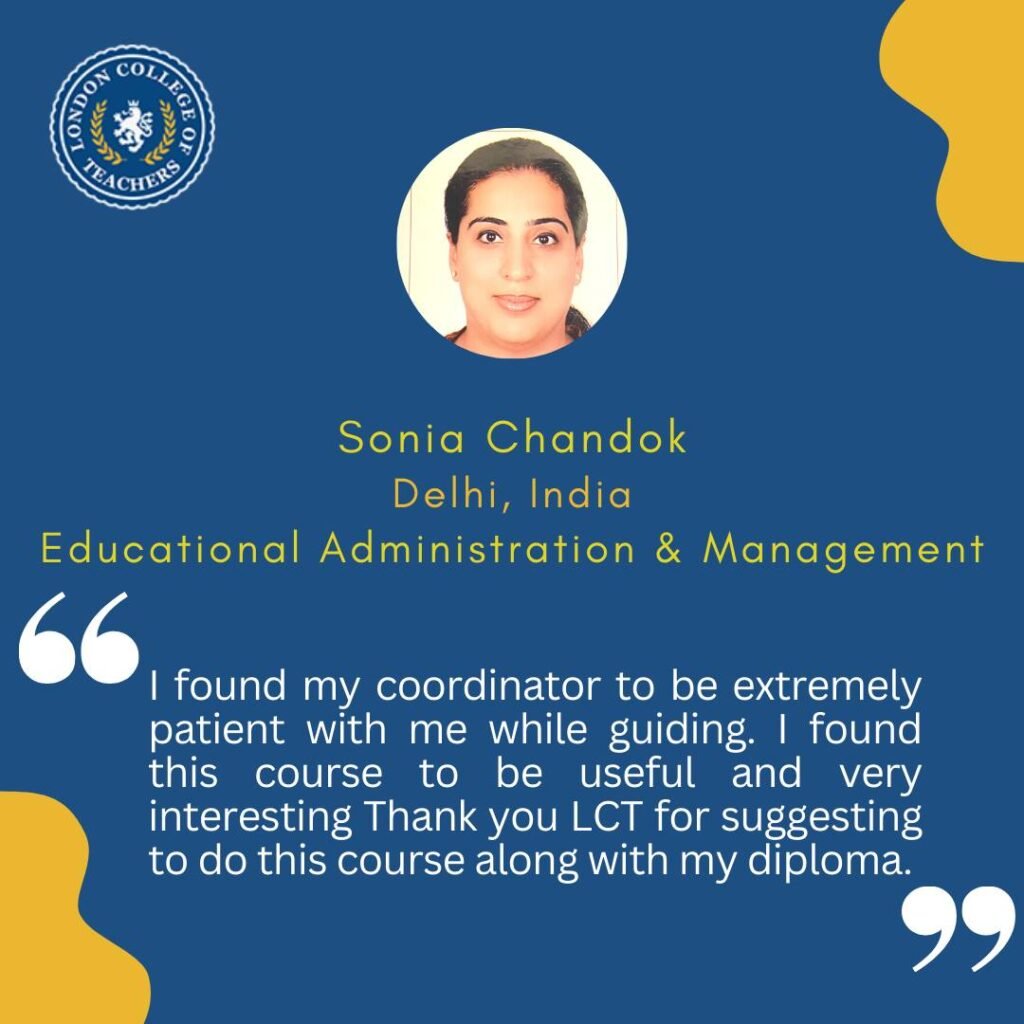How to become a Education Administrator: Step by Step Guide
Are you passionate about shaping the future of schools, colleges, or educational institutions? Doing an education administration course online offers a rewarding career path where you can lead academic teams, manage school operations, and implement policies that enhance student learning. Education administrators play a pivotal role in maintaining high standards of education while ensuring that staff and students thrive in a supportive environment.
With growing opportunities in academic leadership, understanding the steps to become an education administrator is essential for aspiring leaders. This guide provides a comprehensive roadmap, from required qualifications to career advancement strategies.
What Does an Education Administrator Do?
An education administration management person oversees the daily operations of educational institutions. Responsibilities typically include:
- Managing staff recruitment, training, and development.
- Developing and implementing academic policies and programs.
- Overseeing budgets and resource allocation.
- Ensuring compliance with government regulations and accreditation standards.
- Collaborating with teachers, students, and parents to foster a positive learning environment.
Education administrators often hold positions such as school principals, academic deans, directors of educational programs, or college registrars. Their role combines leadership, management, and a deep understanding of educational practices.

Understand the Required Qualifications
To become an education administrator, formal education is crucial. Most positions require:
- Bachelor’s Degree: Typically in education, educational leadership, or a related field.
- Master’s Degree (optional but recommended): Many institutions prefer candidates with a Master’s in Educational Leadership or Administration.
- Professional Certifications: Reputable programs, such as those offered by the London College of Teachers, provide specialized training in administration and leadership.
These qualifications ensure you are well-prepared for the multifaceted responsibilities of an education administrator.

Gain Relevant Experience
Experience is key to advancing as an education administrator. You can build your profile through:
- Teaching roles to understand classroom dynamics.
- Leadership positions such as department head or coordinator.
- Internships or volunteer opportunities in school management.
Hands-on experience helps develop essential skills in communication, conflict resolution, and strategic planning, all of which are vital for effective administration.

Develop Key Skills
Successful education administrators possess a mix of technical and soft skills:
- Leadership and Decision-Making: Guiding teachers and staff while making informed decisions.
- Communication Skills: Engaging effectively with teachers, students, and stakeholders.
- Financial Management: Managing budgets and resources efficiently.
- Problem-Solving and Adaptability: Addressing challenges while maintaining smooth operations.
- Knowledge of Educational Policies: Understanding national and local regulations.
Professional development and leadership programs can help refine these skills and strengthen your profile.

Apply for Education Administrator Roles
Once you have the right qualifications and experience, start applying for administrative positions:
- Schools: Principal, assistant principal, or academic coordinator.
- Colleges/Universities: Registrar, department head, or program director.
- Educational Organizations: Policy advisors or training managers.
Tailor your resume to highlight leadership experience, achievements, and specialized training in educational administration. Networking with professionals in the field can also provide a competitive edge.

Advance Your Career
Career growth in education administration often follows this trajectory:
- Entry-Level Administrator: Assistant principal or junior program manager.
- Mid-Level Leadership: Principal, senior coordinator, or academic director.
- Senior-Level Roles: Superintendent, dean, or executive director of an educational institution.
Continuous learning, professional development, and certifications play a crucial role in advancing your career. Leadership courses and online programs can accelerate growth for aspiring education administrators management course
Frequently Asked Questions (FAQ)
Q1. What qualifications do I need to become an education administrator?
You typically need a bachelor’s degree in education or a related field. A master’s degree in educational leadership or administration and professional certifications enhance your prospects.
Q2. How much experience is required for an education administrator role?
Most institutions prefer candidates with 3–5 years of teaching or administrative experience. Leadership roles may require more extensive experience.
Q3. Can teachers become education administrators?
Yes. Teachers with strong leadership skills and administrative experience can transition into education administration roles.
Q4. Are professional courses necessary for career advancement?
Professional courses are not mandatory but significantly improve skills and employability. Specialized programs from reputed institutions help aspiring education administrators gain expertise and confidence.
Q5. What is the average salary of an education administrator?
Salaries vary by location, institution, and experience. Entry-level positions may start around average national figures for educators, while senior administrators can earn significantly higher.
Call to Action (CTA)
Explore professional courses and certifications to strengthen your leadership skills and advance your career in educational management.